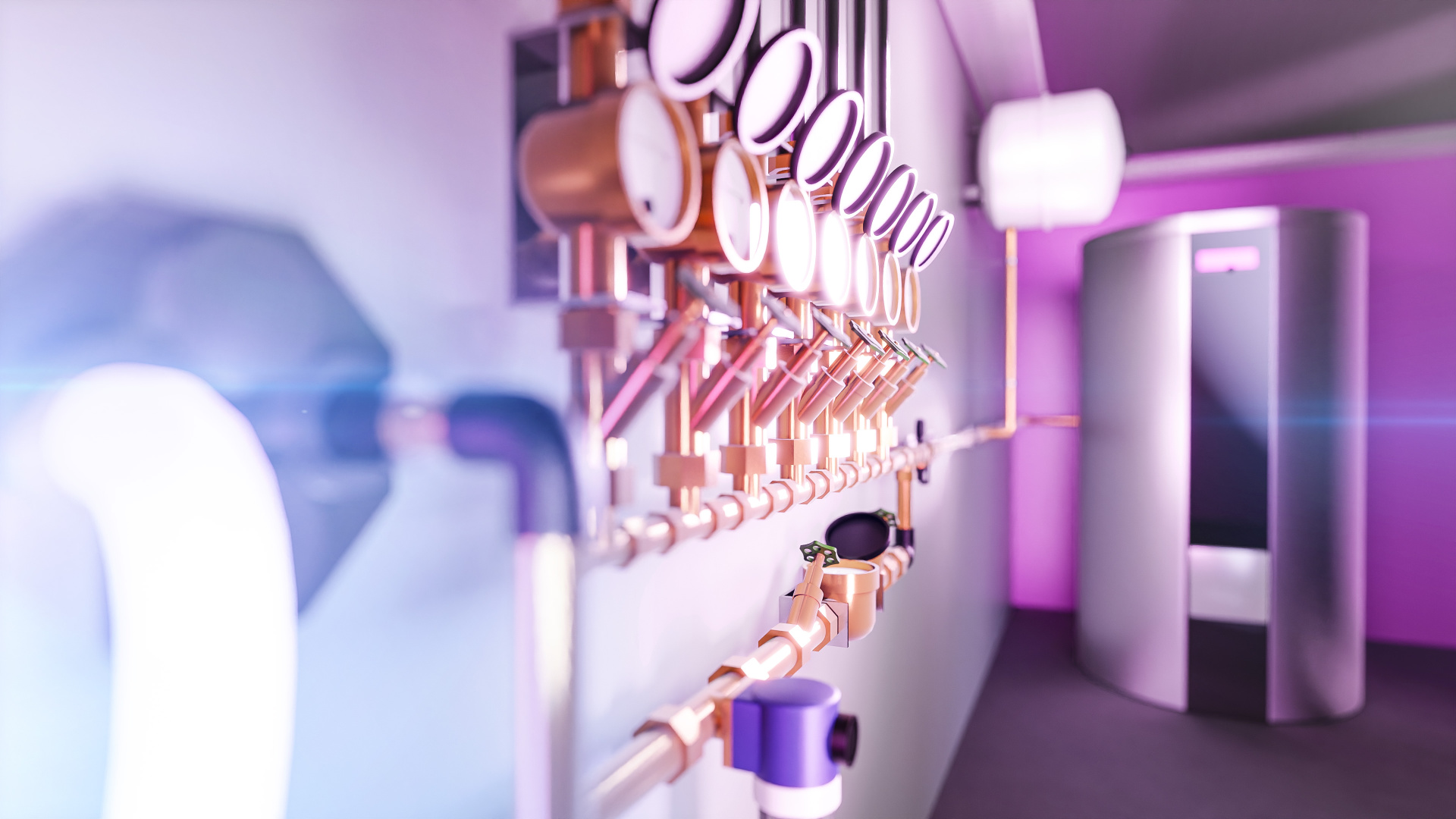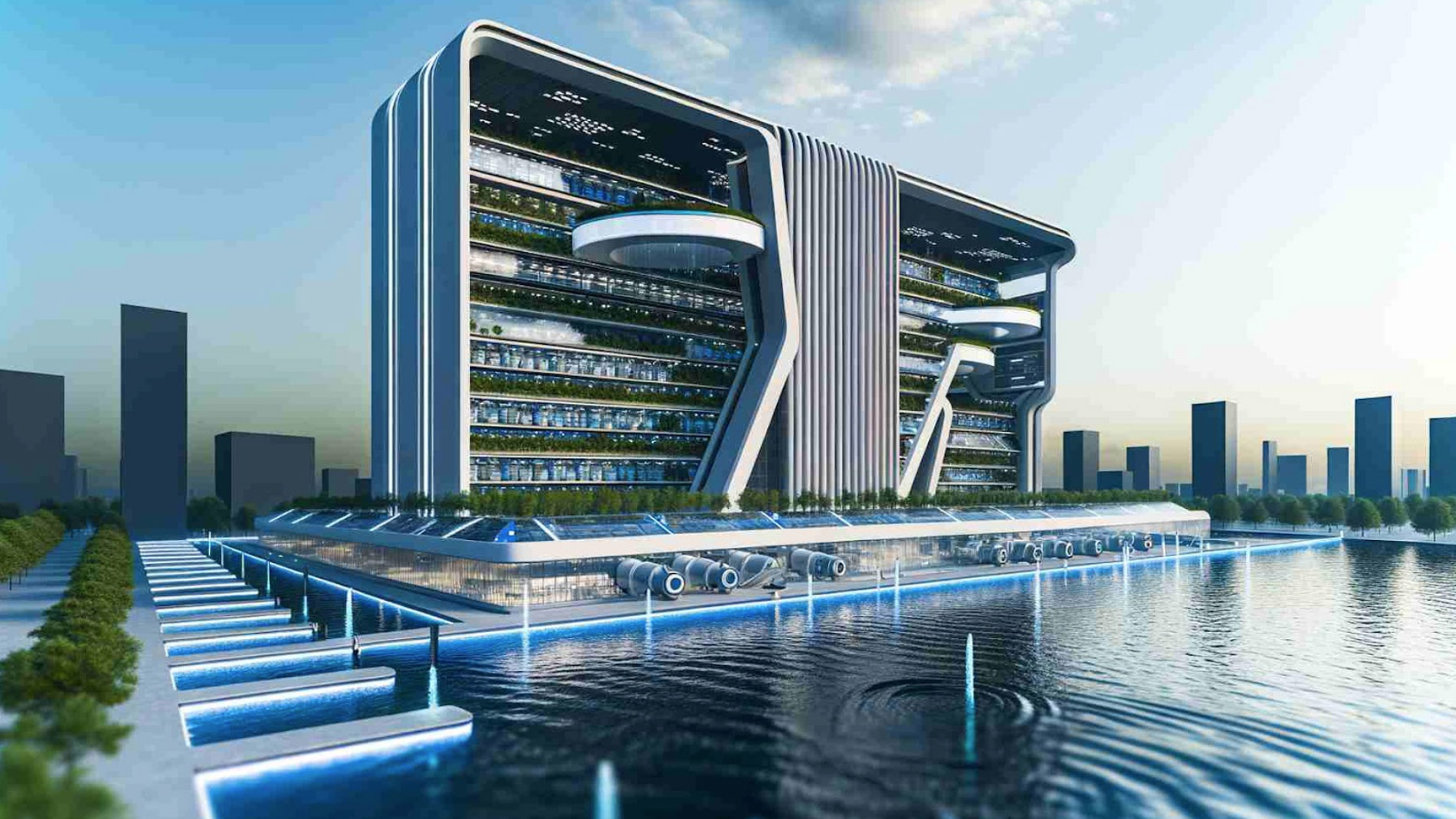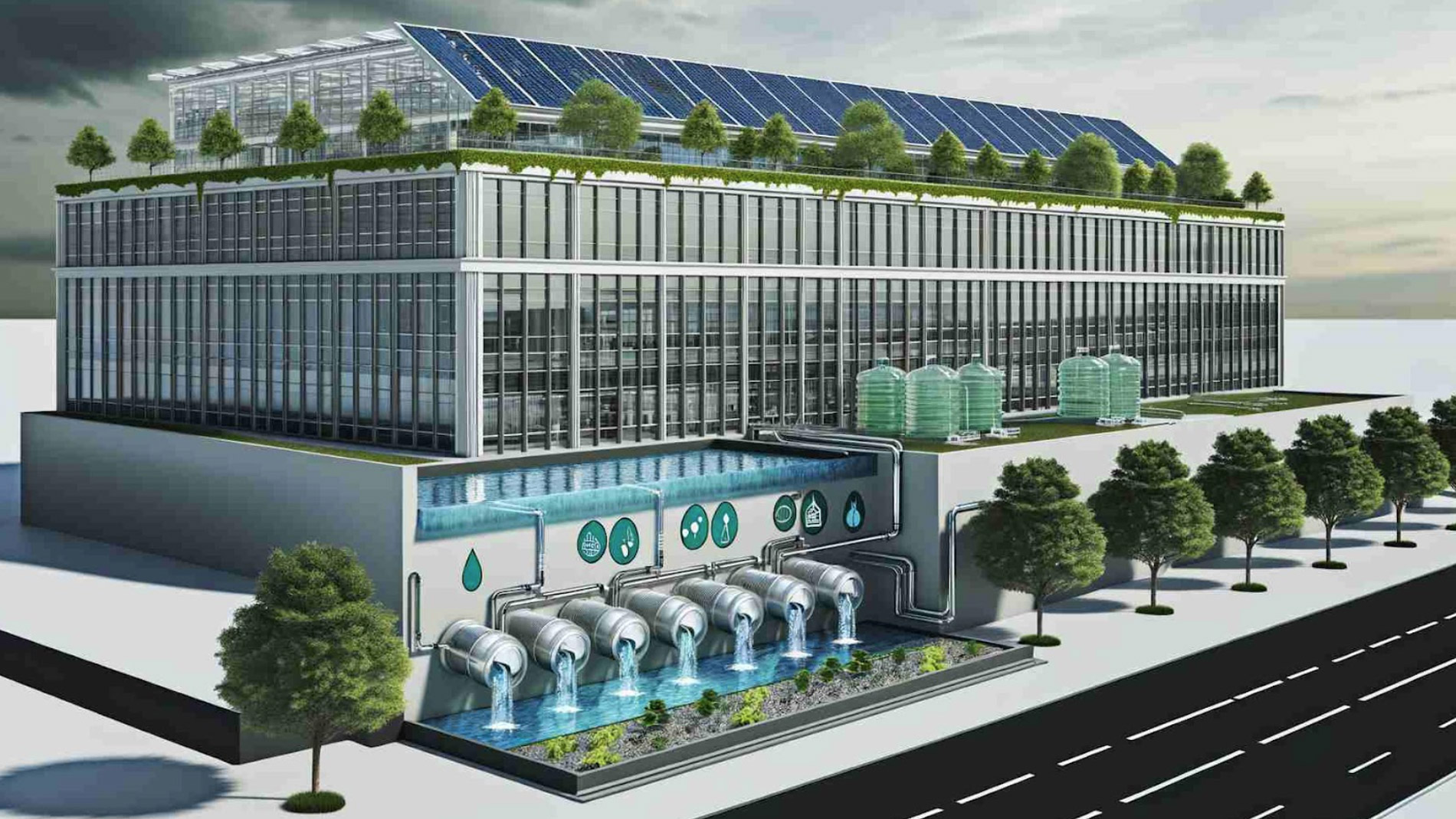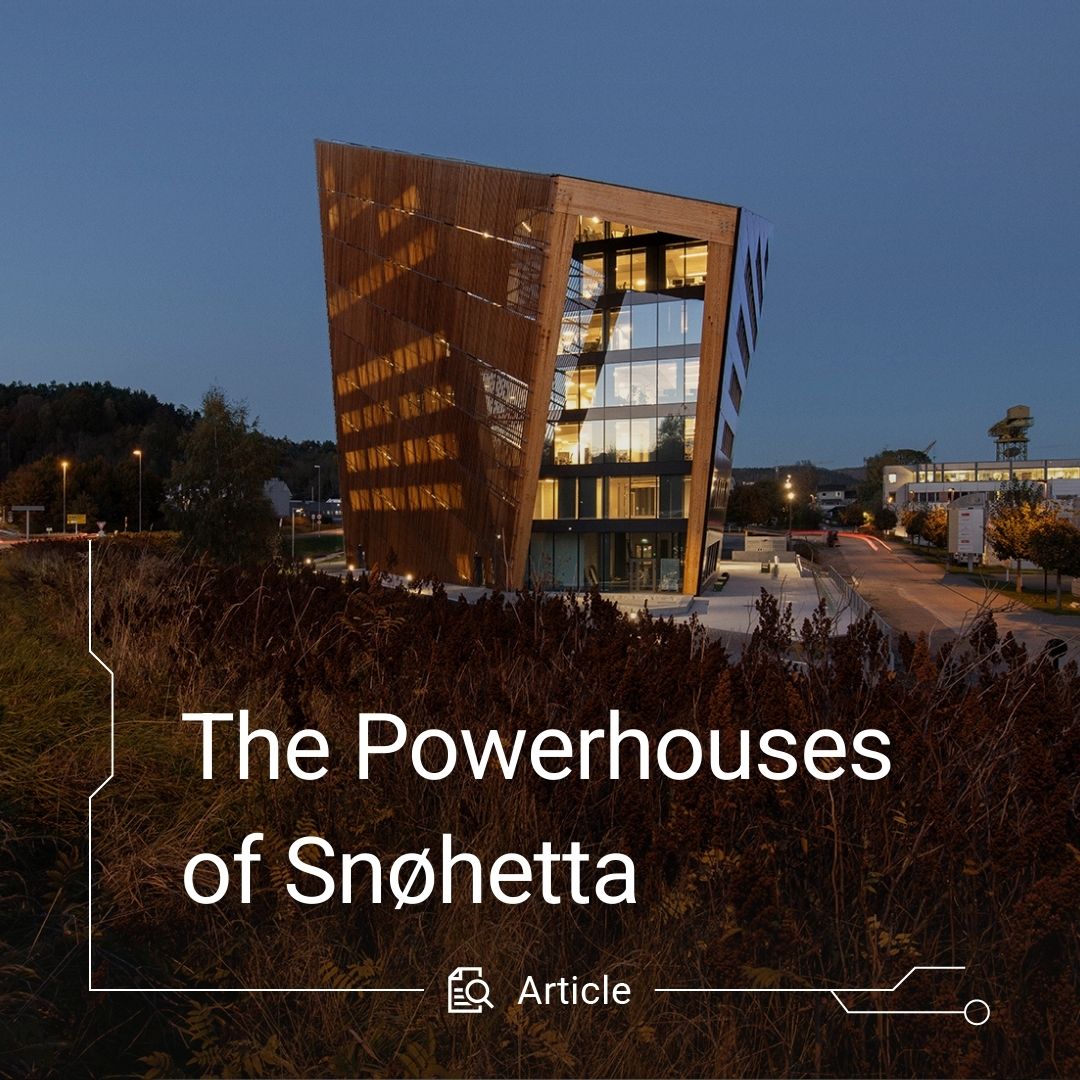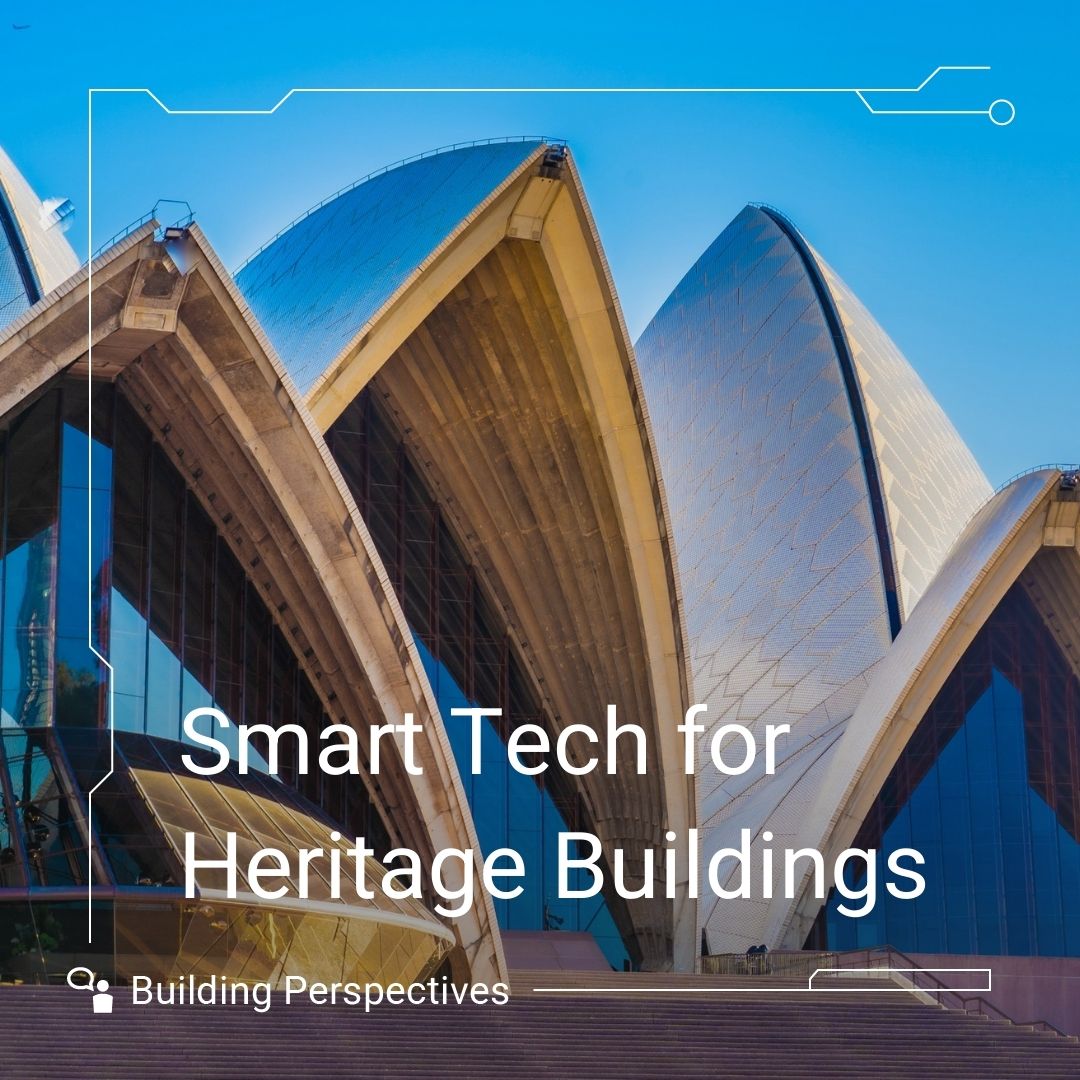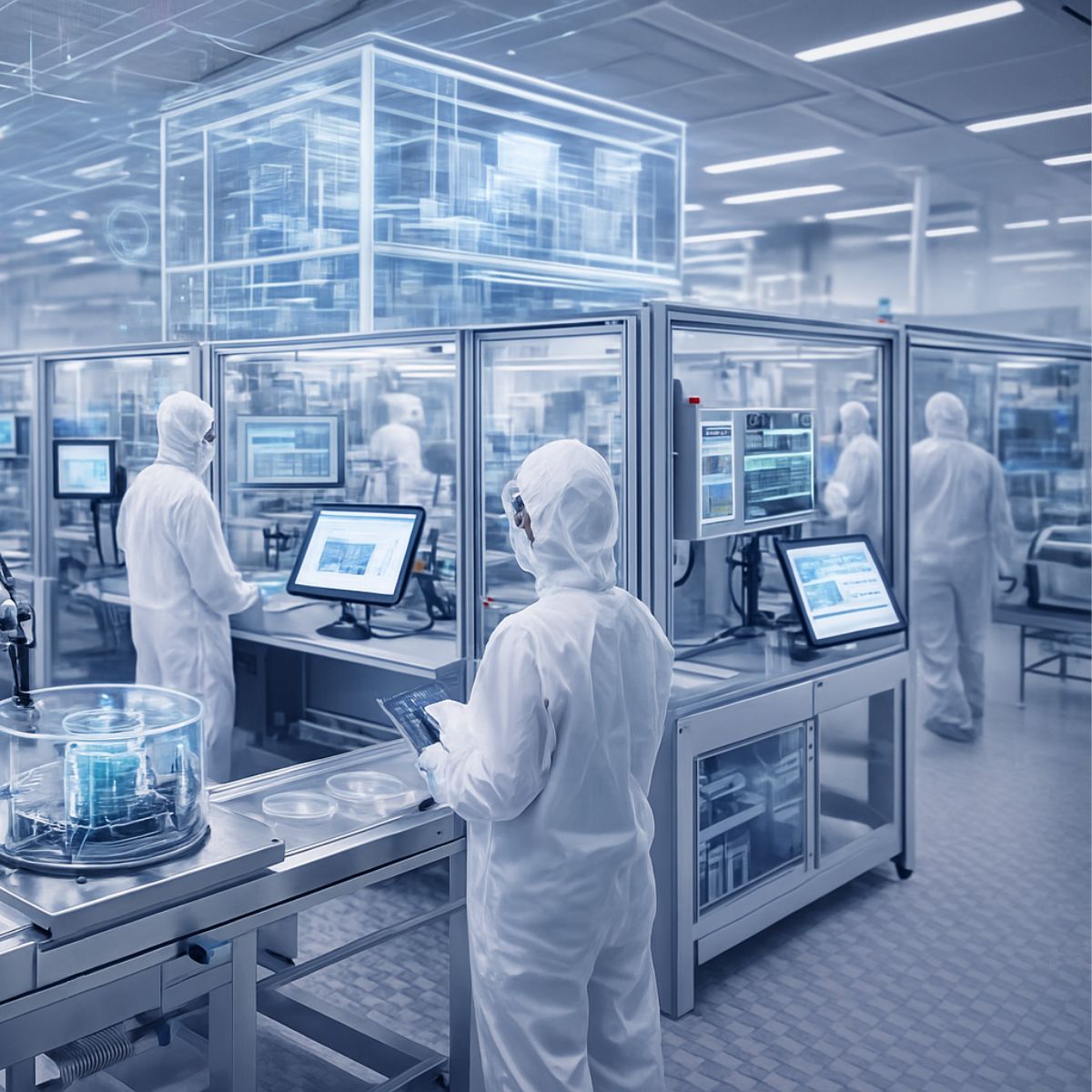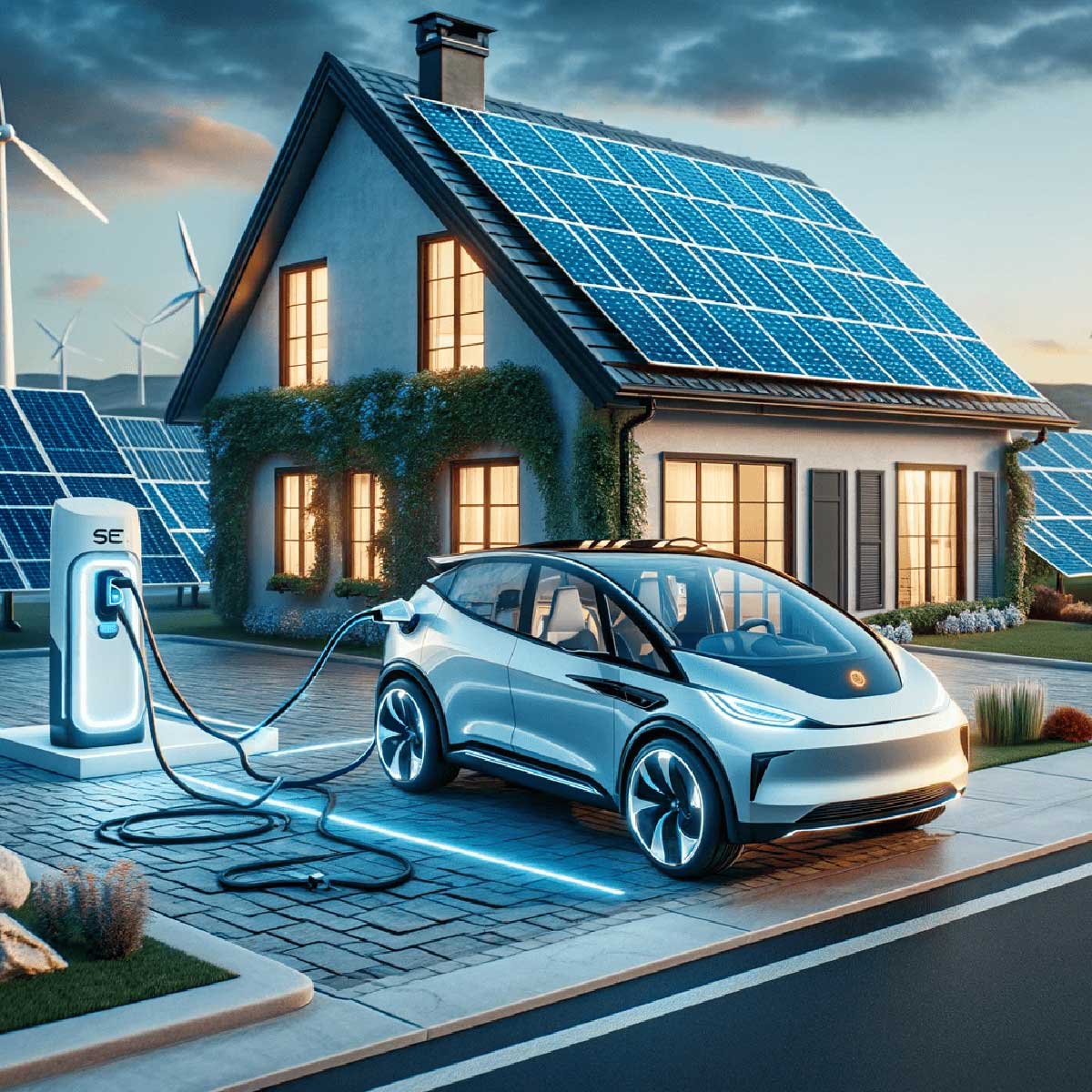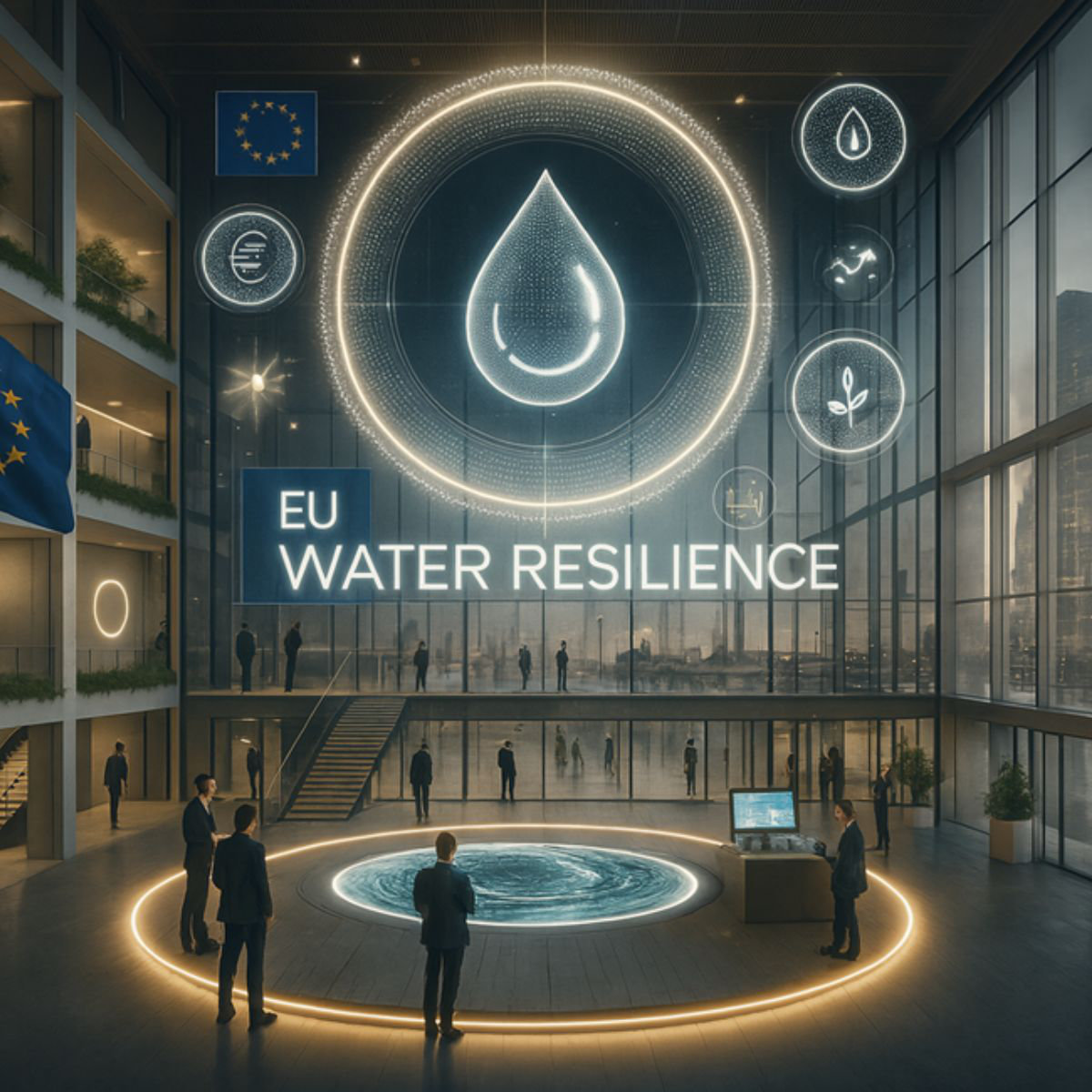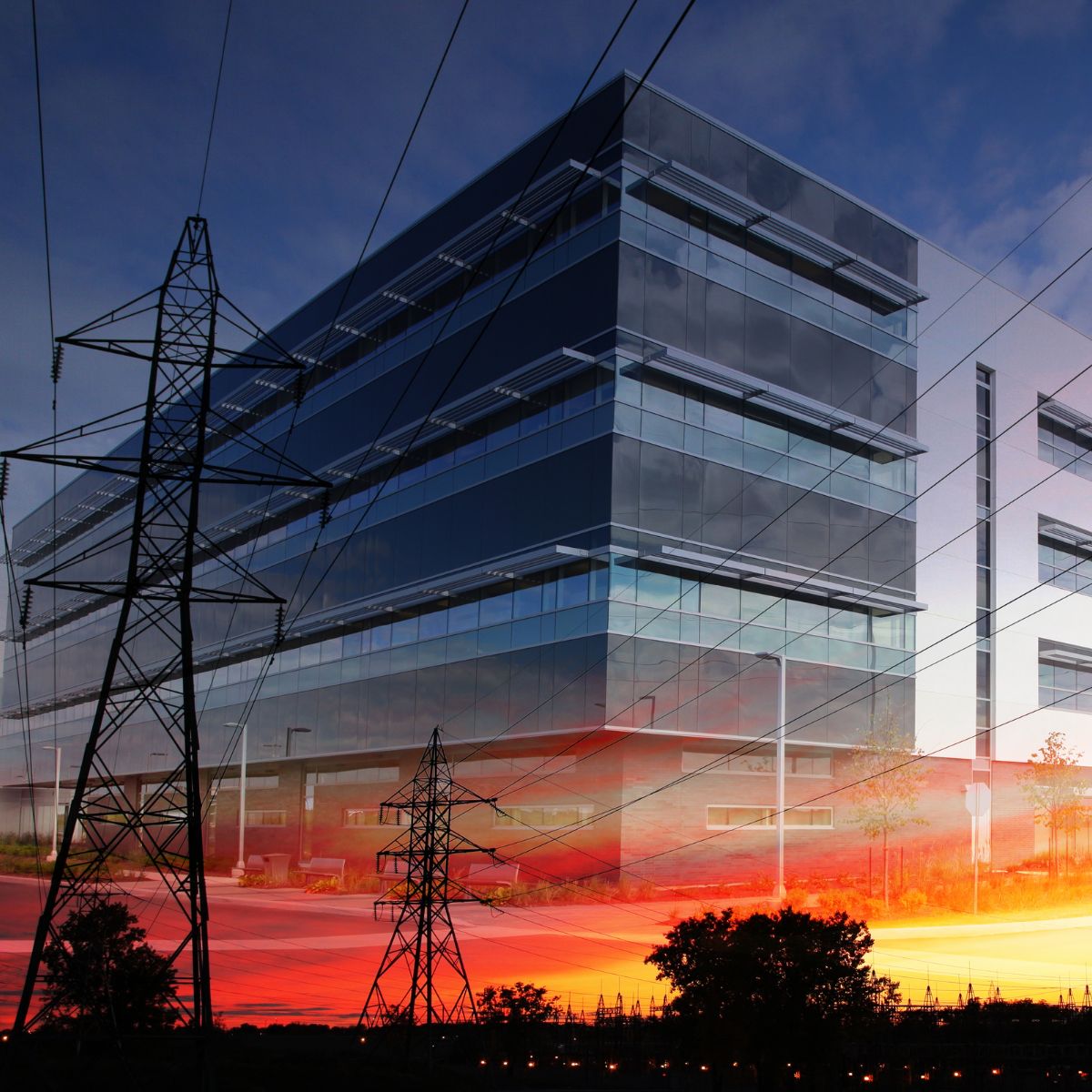Water-bearing systems ensure reliable and efficient water supply while maintaining environmental and health standards in buildings. Since the building sector is one of the largest contributors to CO2 emissions and faces increasing pressure to address water scarcity, integrating modern technologies like artificial intelligence and renewable energy is more important than ever.
Reading time: 2 minutes
Energy Technology: Combining Water-bearing Systems with Renewable Energy

For potable water and heating systems, incorporating renewable energy is essential to warming water in a sustainable manner. Solar thermal collectors for water heating already represent a significant step forward. Compact solar energy storage combined with heat pumps is one of the innovations shaping the future of this sector. These systems harness heat from the ground or ambient air. Additionally, optimizing water pumps and distribution systems to reduce energy consumption is crucial for the future of water technology.
Sanitary & Installation Technology: Sustainability in the Bathroom
Innovative water systems, like greywater recycling, can significantly reduce future water consumption. Freshwater demand decreases by reusing lightly soiled wastewater from sinks and showers for applications such as toilet flushing. This ensures that buildings are designed responsibly and sustainably in light of looming water scarcity.
Future-oriented sanitary solutions rely on a well-coordinated, smart integration of components, from control systems and optimized pump groups to heat generators and storage.
Heat Generation: Replacing Fossil Fuels with Renewable Energy
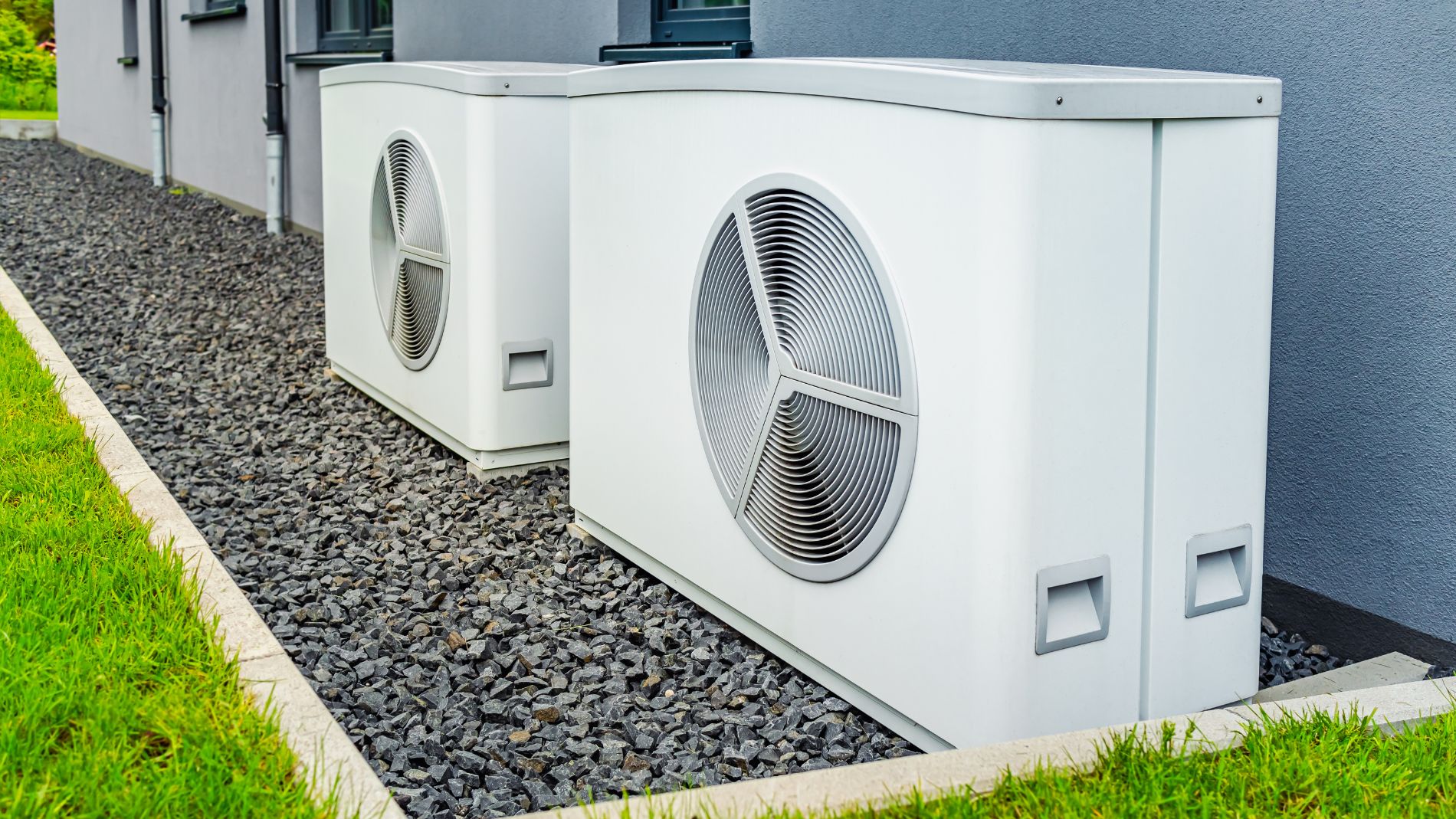
The high emissions from the building sector are largely due to the combustion of fossil fuels for heating. To provide heat in a climate-neutral and eco-friendly way, a shift to renewable energy for heating is essential.
Innovative heating technology focuses on solutions that draw at least 80% of heating energy from renewable sources.
Summary: The Future of Water Technology in Buildings
The implementation of sustainable water-bearing systems is essential for future residential building projects to conserve valuable resources and protect the environment. Cutting-edge systems increase efficiency in the supply and heating of potable and process water, reducing resource use and saving costs. Future smart water management will go hand-in-hand with innovative sanitary technology and renewable energy in heating systems. In the coming years, AI-based applications will become indispensable as part of the digitalization of the building sector, providing transparent, sustainable monitoring and control of water-bearing systems.
FAQ
Why are water-bearing systems important for buildings?
Water-bearing systems play a vital role in ensuring reliable water infrastructure in buildings. Modern water technology is key to managing potable water consumption in a future-oriented manner, while also addressing health concerns, such as preventing the spread of Legionella in water systems. This includes heating process water just before use, implementing technical measures, and utilizing smart water analysis tools.
What technologies are used in modern water systems?
Modern and sustainable water systems rely on technologies like smart sensors, automated controls, and innovative filtration systems. These systems focus on optimizing water consumption while integrating renewable energy sources, such as solar thermal energy for heating water. Additionally, AI is increasingly used to provide smart measurements, making water consumption more transparent and responsible.
How can the efficiency of water systems in buildings be improved?
To enhance the efficiency of water systems in buildings and manage water and energy more sustainably in the future, smart analysis and control systems will be increasingly integrated in the coming years. Intelligent metering systems, for example, improve efficiency and are key to cost savings. The use of renewable energy (such as solar thermal) is also critical for the sustainable future of water technology.
